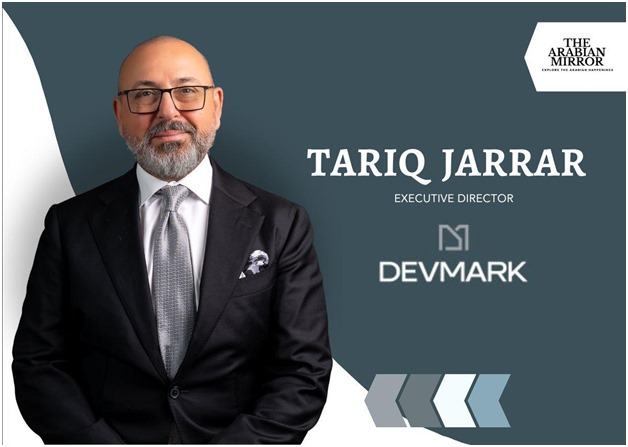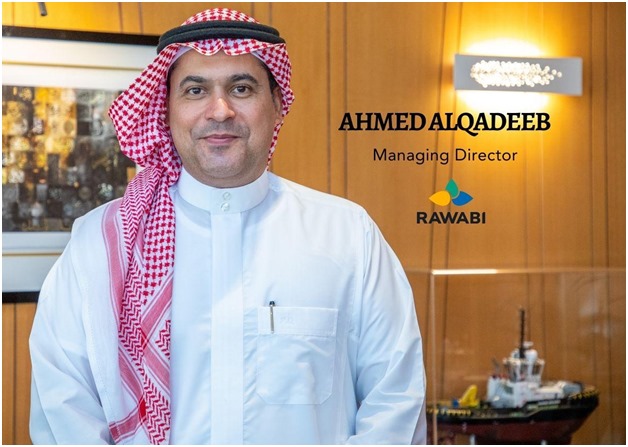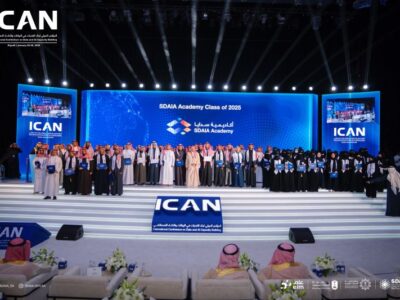The Second International Conference on Justice held in Riyadh this week emphasized the transformative impact of the digital revolution on the judicial sector and the shift towards a preventive justice model. The event brought together over 50 experts from around the world to discuss innovative approaches to judicial quality and reform.
A key focus of the conference was preventive justice. Judge Pietro Alpekakos from Greece highlighted that justice can begin before disputes arise through mediation and reconciliation, which help reduce litigation and improve judicial experience. Lord Thomas of Cwmgiedd, former Supreme Court president of England and Wales, underscored the importance of judges weighing potential drawbacks and preventive measures carefully.
The conference also addressed the role of artificial intelligence in the judiciary. Prof. Gong Baihua of China noted how AI technologies enhance risk assessment but cautioned against biases, urging regulatory oversight. Prof. Jerome Abrams from the US highlighted ongoing work on constitutional AI challenges.
On judicial cooperation, challenges post-Brexit were noted by Michael Wilderspin, former legal advisor to the European Commission, while Nicolas Rouiller from Switzerland emphasized the global role of arbitration, with 172 countries endorsing the New York Convention.
Also Read:
Redefining Childhood Workforce in Saudi Arabia with Global Childhood Academy: Dr. Samia Kazi



































